AI is taking over the world. Used in almost 40% of the organization
Category: AI & Machine Learning Posted:Apr 18, 2019 By: Ashley Morrison
The fourth industrial revolution has transformed the world. The introduction of information technology in various sectors of industry is a crucial factor in the globalization of an economy. The world has become a smaller place. People can avail services while sitting in extreme corners of the world. Machines do repetitive and monotonous tasks. The innovation in computing and information technology has led to the development of fields like Artificial Intelligence, Machine Learning, Internet of Things, Blockchain Technology, etc. All these digital innovations have revolutionized today’s organization capability. The prominent one amongst these digital innovations is Artificial Intelligence. Artificial Intelligence is about making a machine capable of responding with human intelligence. It includes speech recognition, problem-solving and learning; it is about making your computer smart. Many people believe when a machine becomes self-aware, there will be mass job losses. However, the truth is something quite different. According to Dun & Bradstreet, more than 40% of the organizations in the world is adding more jobs due to the introduction of Artificial intelligence in their business. There is not much wide spread awareness in the field of Artificial Intelligence. So, when a company adapts to this technology, they are looking for candidates having skillsets in AI. The report clearly shows that AI is not a threat to jobs. In the survey of 100 business executives from Global 2000 organizations, 34% of respondents believed that job demand is same irrespective of AI implementation in their company. However, 18% responded that AI is not impacting their workforce at all. The hype of job loss due to AI is more as compared to the truth. AI has immense potential in giving a competitive edge to the organization.
Learn AI & Machine Learning from Industry Experts
AI in Today’s World
Artificial Intelligence is gradually taking its place in our everyday lives. It has made human life easier. It is playing a key role in preventing accidents, forgery and bringing transparency in the organization. The era of theft, round-tripping of funds, hoarding, delaying of work has become the things of the past. The economy of the country is growing more robust and reliable. There are broad applications of AI in the field of banking, railways, transport, oil exploration, media, marketing, advertising, etc. Every vertical of the economy is dependent on AI in one way or another. Public services have become more efficient due to the use of AI. Transparency and accountability have increased in public services. Tax compliance has increased due to AI. Availing government services like filing of tax return and their verification are done automatically and fast due to AI. The key to good governance is the regular interaction between people and the government. The government can reach out to people through virtual assistants, video conferencing and tell them the key initiatives taken by them for the welfare of the people. The masses can be aware of the benefits available to them on time. At the same time, every single person can reach out to the government for their grievances. The grievance redressal system has improved due to AI. The survey by Dun & Bradstreet found that one in five organizations has fully deployed AI in their business and 44% of companies are in the process of launching AI.
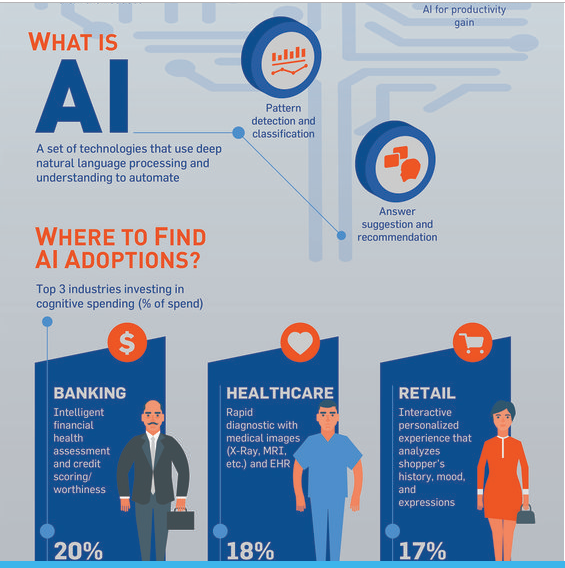
Challenges that AI brings up
The biggest difficulty coming in the use of Artificial Intelligence is the lack of data and lack of human skills in interpretations of AI models. The survey found that most of the organization does not have a proper data set range for implementation of AI. If the organization has faulty data sets, then the result is going to be wrong. The AI models are made on the correct set of data ranges. Due to the regulatory requirement, it is difficult to have the correct set of the data range in many countries. The local laws prevent them from collecting user data. Human skills are infinite, and they can interpret the same thing in many ways. Generally, the AI model is prepared to solve some complex problems of an organization. However, the same model may have no requirement in the other organization. It increases the learning time and reduces the employability skill of an employee. The company staff needs to continuously update themselves with new AI models used in their organization. Many other problems are coming to the implementation of Artificial Intelligence – they lack technology infrastructure, lack of budget, regulatory challenges. Due to these challenges, AI is not embraced by many organizations. However, it has yielded rich dividends to fast adopters. There many organizations which can benefit highly from adopting this technology. It has led to cost-cutting, better utilization of their employees and high results. 42% of businesses use AI for data management, 52 % in automation and 62% for analytics. While 29 % uses AI for their back-end systems improvements and 23% for computer facing chatbots.
AI in the Banking Sector
AI has brought massive revolution in the banking sector. Earlier people had to stand in a queue for a day to deposit their money into their account, but today it takes only a few minutes. They can update their passbook, take their money, transfer money, and pay their bills online instantly. Bank frauds have reduced. Earlier people would take loans from various banks and not repay their debts. Now, the record is stored online, and any bank can look at the borrower credit record. The loan approval policy has become faster, and bribery in the loans process has reduced. Banks give loans instantly based on the customer credit record. However, there are many brown areas where the application of AI is needed. The bank needs to understand its customer preference and spending habits, and they roll out their product accordingly. For this, the bank needs to store data by having the customer consent as well as train new AI models which can do this work efficiently. The digital personal assistants and chatbot’s have improved customer services and experiences. Smart banking apps can track millennial spending habits and suggest on spending and expense habits. The workload has reduced in the banking sector, and efficiency in services has improved due to the adoption of AI technology. The risk management and regulatory meeting measures both have improved due to AI. Risk analysis is a complex process. New regulatory requirements need to be met. However, AI helps in analyzing prospective borrower risk capabilities before giving a loan and meeting regulatory needs.
AI in Retail
There is huge competition in the retail sector. There are fewer margins for profit in the retail sector. Retail organizations are ready to take help of any new digital innovation to have a competitive edge in the market and increase revenue. As per the UK retailer survey, retailers use AI to increase sales and predicts demand. It is now easy to understand customer spending habits, tastes, and preferences. Every individual is unique, and they prefer customized services. So, the retail uses AI for individualized promotion. They also use AI for targeting specific customer segments. There are numerous benefits of AI for the retail business. AI has helped in reducing cost and increase savings. It has increased decision-making abilities and productivity. The use of AI has led to the faster delivery of products and expansion of market share. The other benefits include automation of processes and tasks, more rapid delivery of new products and services, ability to identify new revenue streams, ability to attract high skill employees, increased innovation in the retails sector. AI has also improved logistics. For example, an AI model can predict supplies for the retailer based on demand for a particular product based on sales history, location, weather, promotions. AI is also heavily used in supply chain management for demand forecasting, inventory planning, and replenishment.
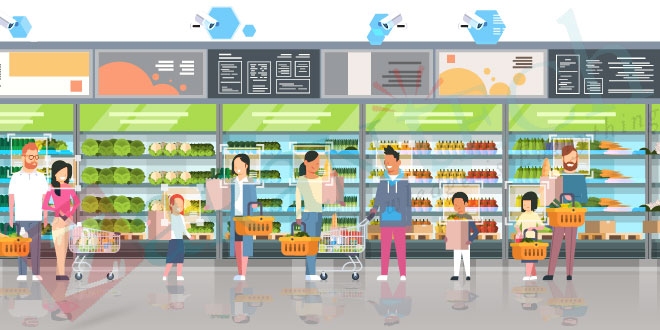 The future belongs to Artificial Intelligence. Due to globalization, the market has expanded, and competition has become intense. People can avail services while sitting at home. Previously, people have had to take their time out to buy the things they want. Now, they can get it delivered to them while sitting at their office. The rapid innovation in AI technologies will become the norm of the future. Already various reports claimed that more than 40% of the organization is deploying Artificial Intelligence in their workplace. Companies are using AI to have a competitive edge in the market place. AI models are helping them to solve complex problems and giving high rewards in return. The uses of AI will benefits organization in the automation of repetitive tasks, increase efficiency and job creation. The AI will change the employment structure in the economy. It will shift towards more demand structure and diverse skill requirements. The top jobs in the hierarchy are for people with excellent communication skills and technical skills. Team skills will also be needed. No work tasks are done in silos today. For an organization to work effectively, you require proper collaboration between different work departments. The innovation and development in information technology are highly dependent on Artificial Intelligence. It helps in making services simple. To make thing simple is the toughest thing an organization needs to do. So, the future belongs completely to AI. Within a decade more than 90% of the global organization pool may depend upon AI.
The future belongs to Artificial Intelligence. Due to globalization, the market has expanded, and competition has become intense. People can avail services while sitting at home. Previously, people have had to take their time out to buy the things they want. Now, they can get it delivered to them while sitting at their office. The rapid innovation in AI technologies will become the norm of the future. Already various reports claimed that more than 40% of the organization is deploying Artificial Intelligence in their workplace. Companies are using AI to have a competitive edge in the market place. AI models are helping them to solve complex problems and giving high rewards in return. The uses of AI will benefits organization in the automation of repetitive tasks, increase efficiency and job creation. The AI will change the employment structure in the economy. It will shift towards more demand structure and diverse skill requirements. The top jobs in the hierarchy are for people with excellent communication skills and technical skills. Team skills will also be needed. No work tasks are done in silos today. For an organization to work effectively, you require proper collaboration between different work departments. The innovation and development in information technology are highly dependent on Artificial Intelligence. It helps in making services simple. To make thing simple is the toughest thing an organization needs to do. So, the future belongs completely to AI. Within a decade more than 90% of the global organization pool may depend upon AI.
I hope that by now you have had an overview of AI & Machine learning. Before you enroll in ZaranTech’s certification course on AI&ML, do check out the Machine Learning with Python tutorial for Beginners:
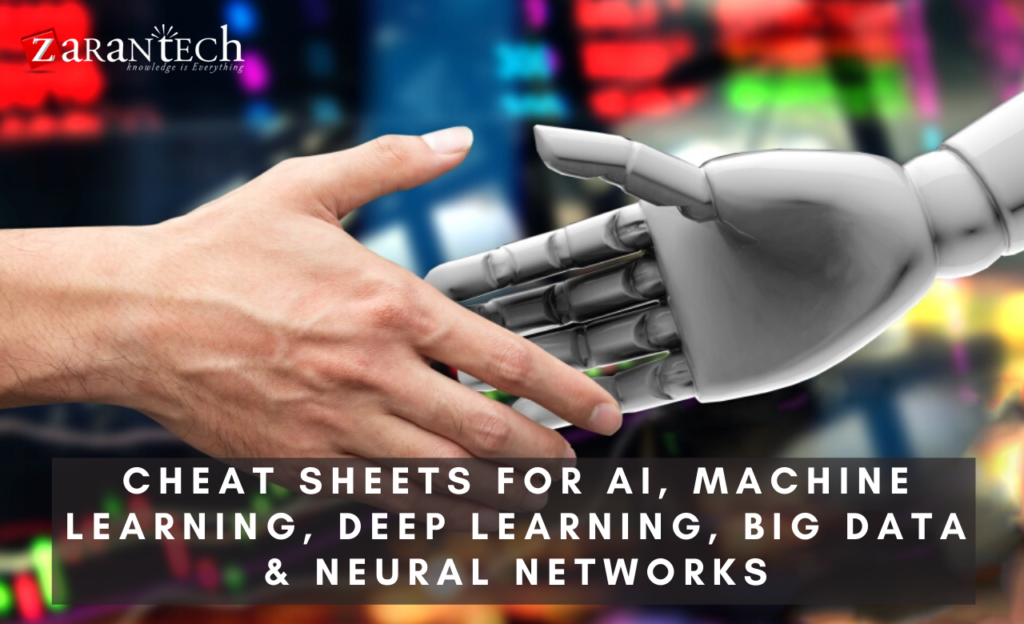
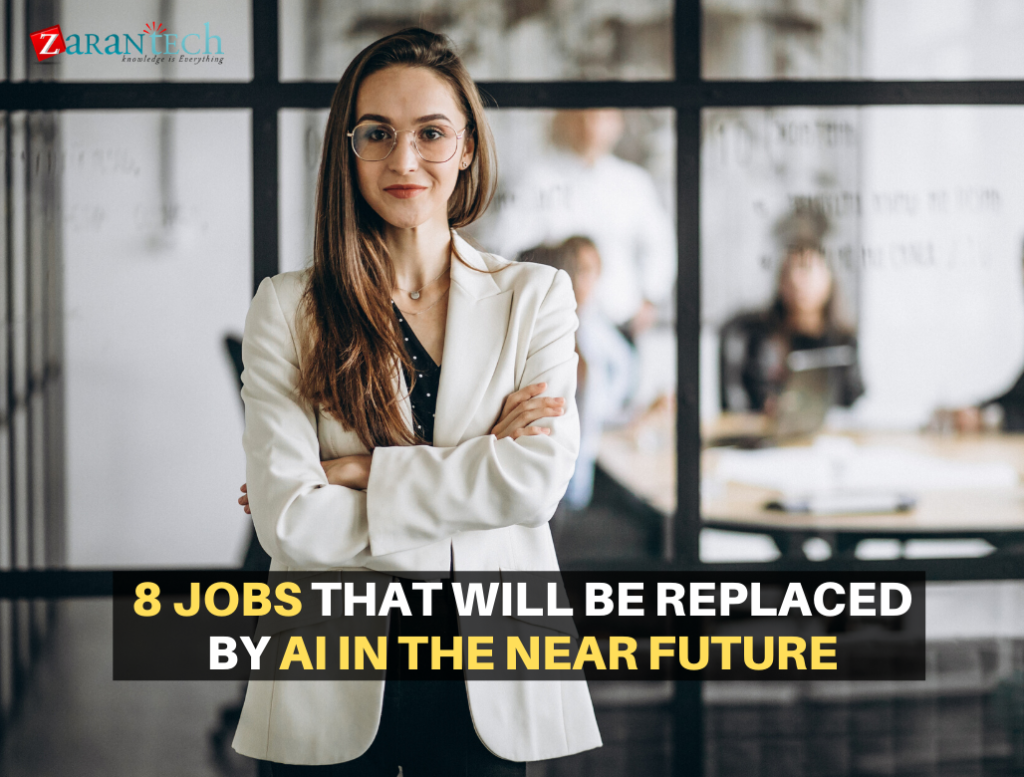
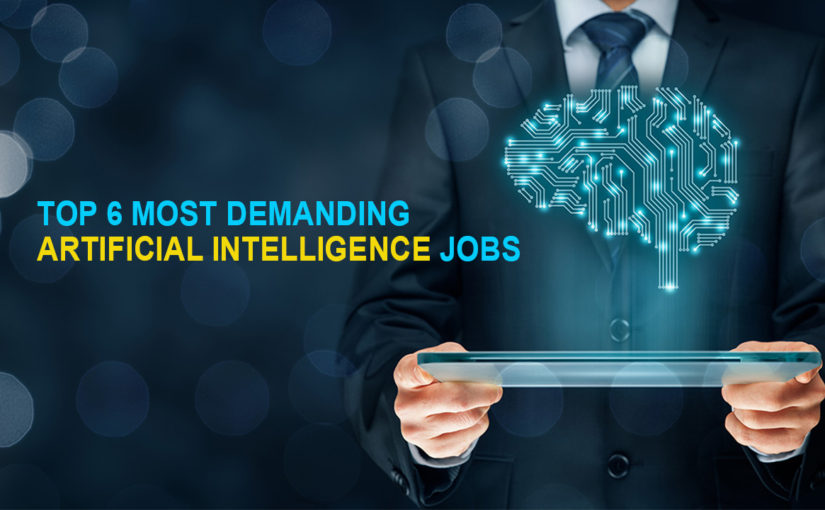

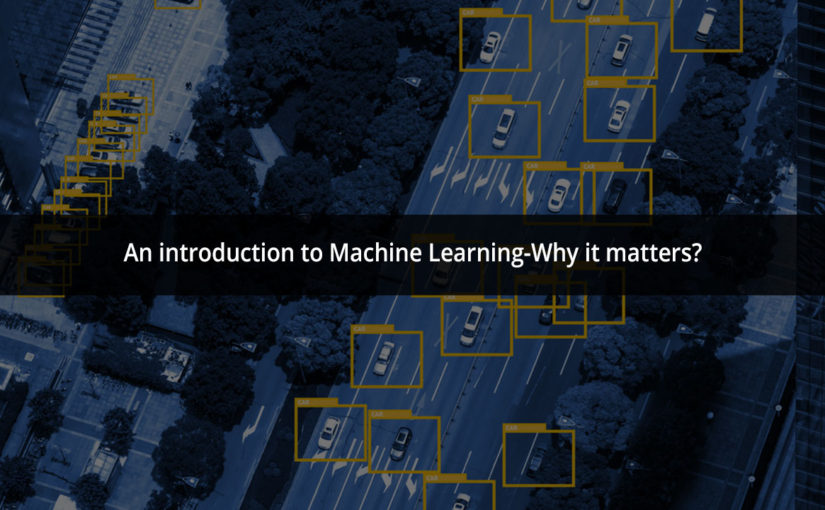
 99999999 (Toll Free)
99999999 (Toll Free)  +91 9999999
+91 9999999